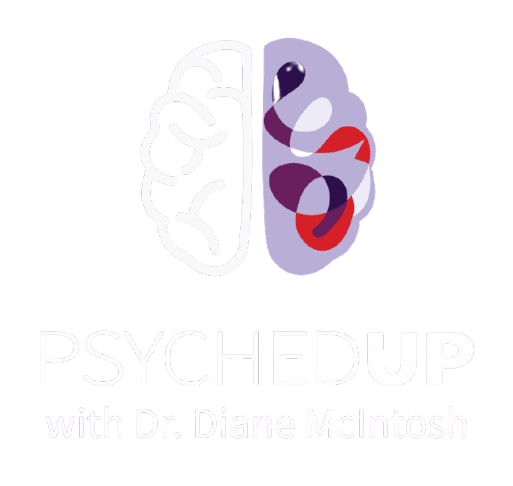
Social Anxiety Disorder
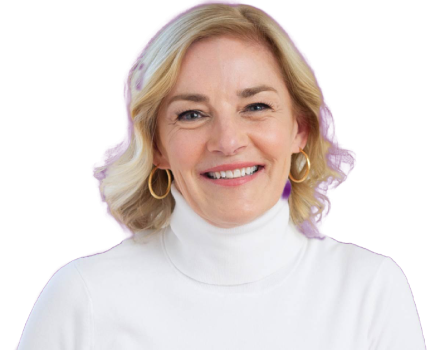
This is Social Anxiety Disorder
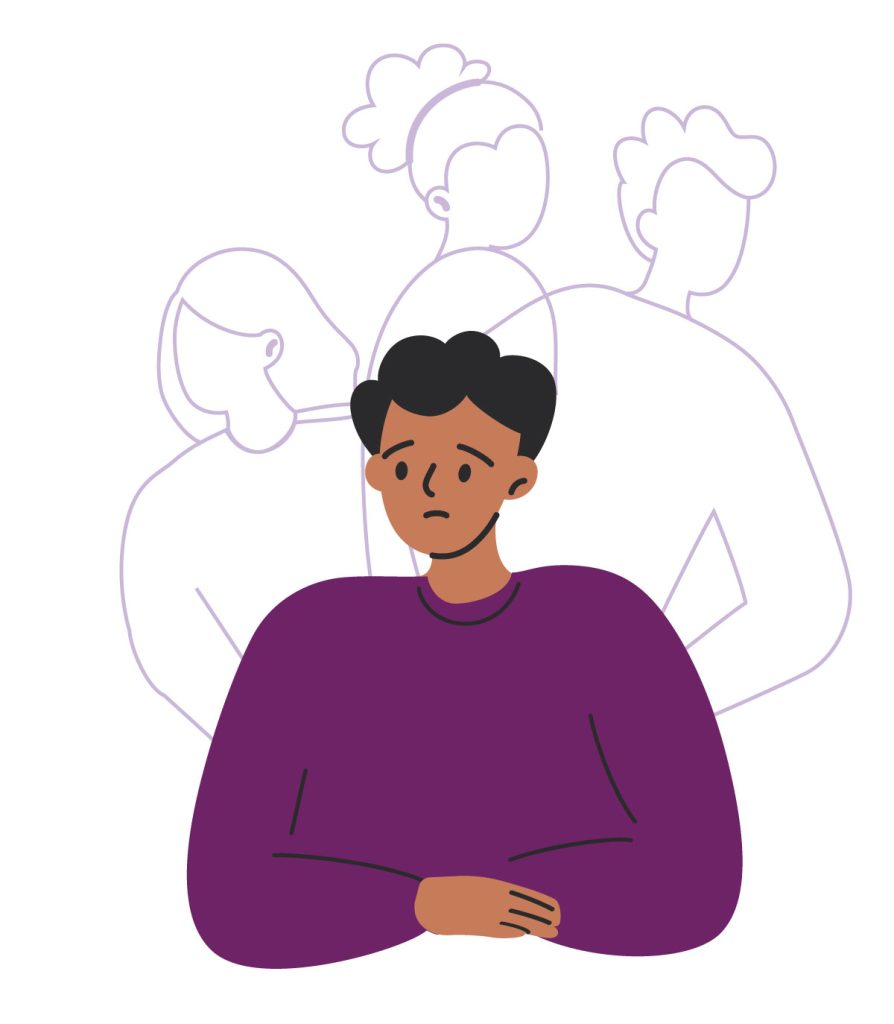
When do normal life experiences like feeling anxious become actual disorders? The answer comes down to severity, impact, and persistence.
Imagine missing out on life’s biggest moments because it feels impossible to show up. That’s the reality for people living with social anxiety disorder but with the right treatment, recovery is possible.
In this episode of PSYCHEDUP, Dr. Diane McIntosh explores social anxiety disorder, a condition that goes far beyond shyness that can quietly steal the joy from everyday life. You’ll hear Hannah’s powerful story, from missing her graduation to struggling through high school, along with expert insights from Dr. McIntosh and psychologist Dr. Randy Mackoff on proven treatment approaches that can help people reclaim their lives.
Thinking of suicide or worried about someone you know? Call or text 9-8-8, toll-free, anytime, for support.
More About Social Anxiety Disorder
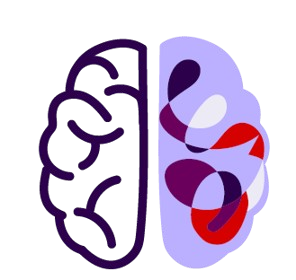
Social anxiety disorder, also known as social phobia, is much more than simple shyness. It’s a mental illness that causes intense fear of being judged, humiliated, or scrutinized in social situations.
For people living with social anxiety disorder, even everyday interactions, like meeting someone new, answering a question in class, or attending a social event, can feel unbearably distressing. The fear of embarrassment or rejection often leads to avoidance, causing individuals to miss out on meaningful experiences, opportunities, and relationships.
To be diagnosed, symptoms must persist for at least six months and be disproportionate to any real threat. People with this illness often know their fear is excessive but feel powerless to control it.
Social anxiety disorder involves intense emotional, physical, and behavioural symptoms that can significantly interfere with daily life.
What you might feel or think
- Persistent fear of social or performance situations
- Excessive worry about being judged or rejected
- Negative thoughts like:
- “I’ll look anxious and stupid.”
- “People will think I’m weird.”
- “Everyone is judging me.”
- “I’ll say something wrong and embarrass myself.”
These thoughts often lead to avoidance of social situations and missed opportunities for connection and growth.
What you might feel physically
- Blushing or feeling flushed
- Sweating or clammy hands
- Trembling or shaking
- Dry mouth
- Racing heartbeat or chest tightness
- Stomach aches, nausea, or dizziness
- Muscle tension or feeling “frozen”
Some may even have panic attacks, feeling suddenly detached from reality or overwhelmed, like they’re having a heart attack, dying or must escape, with intense emotional and/or physical symptoms.
How you might behave
- Avoiding new people, whether at social gatherings, parties, or meetings
- Declining invitations or stop initiating contact
- Avoiding public speaking or contributing in groups
- Avoiding making eye contact
- Staying quiet or overly agreeable to avoid drawing attention
This avoidance can seriously impact school, work, and personal relationships leading to lost opportunities, isolation, or dropping out of activities altogether.
Social anxiety disorder is treatable. With the right combination of therapy, lifestyle changes and in some cases, medication, most people can learn to manage their symptoms, regain confidence, and reconnect with life.
Cognitive Behavioural Therapy (CBT)
CBT is the most effective treatment for social anxiety. It helps people understand their unhelpful thoughts and change behaviours that fuel anxiety. A key part of CBT is exposure therapy, gradually and safely facing feared situations rather than avoiding them. Over time, this process teaches the brain that these situations are not as dangerous as they seem and that anxiety naturally decreases.
Managing Physical Symptoms
Therapy often includes techniques to calm the body’s stress response, like controlled breathing, mindfulness, and muscle relaxation to reduce symptoms such as a racing heart, trembling, or shallow breathing.
Medication
When symptoms are severe or interfere with daily life, medication can help:
- Beta blockers can be used as needed for specific situations, like public speaking, to manage some physical symptoms, like trembling or a shaky voice.
- Antidepressants are often prescribed for ongoing anxiety and can significantly reduce symptoms when taken regularly.
- Benzodiazepines should be reserved for very short-term or situational use.
It’s important to know that cannabis, especially THC, should not be used to manage any anxiety disorder. In fact, when used to manage anxiety, the amount required often escalates and discontinuing cannabis use can promote worsening anxiety.
Recovery and building strength
Lifestyle habits play a key role in recovery. Regular exercise, getting enough sleep, a healthy diet, limiting alcohol and avoiding recreational drug use and supportive relationships all help to reduce anxiety. Support groups and mindfulness-based therapy can also strengthen coping skills. See also our episode on Resilience.
With time and the right help, most people with social anxiety disorder experience meaningful improvement.
Episode Highlights

3:50
Hannah faces intense anxiety when new high school social environments challenge her comfort with familiar peers.
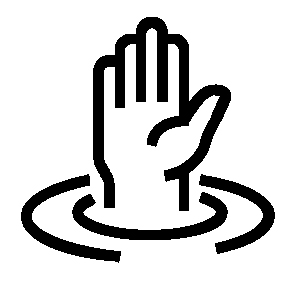
9:50
How using alcohol or cannabis as a "social lubricant" creates more problems than it solves

14:23
Social media's role: how constant comparison effects self-esteem

22:12
Dr. Diane McIntosh’s Shrink Wrap: distinguishing normal anxiety from a disorder by looking at severity, impact, and persistence
Key quotes from the episode
“I stopped following influencers and started following baking accounts or gardening accounts. My relationship with my phone got a whole lot healthier.”
16:37
“We can have mild to more moderate to very severe [anxiety] and sometimes it hits a threshold where medication is required, and other times it’s just where psychological treatments are going to do the trick. And that’s neither good nor bad. It just means that, hey, help is there and, and we can all move forward and, and we’re not living in fear.” 21:50
“I do have a good life. I have a long-term boyfriend. I have other friends. But it is something that does really make me feel like it, it holds me back in my personal life.” 25:38
Other PSYCHEDUP Episodes
Related Posts on Social Anxiety Disorder
Feedback on the Podcast?

Psychiatric Guidance for Optimal Patient Care
Founded by Dr. Diane McIntosh, RAPIDS Health provides timely, effective clinical decision support for mental health diagnosis and treatment. Whether you’re a clinician or someone seeking help, we offer evidence-based, personalized treatment guidance tailored to each individual’s needs.

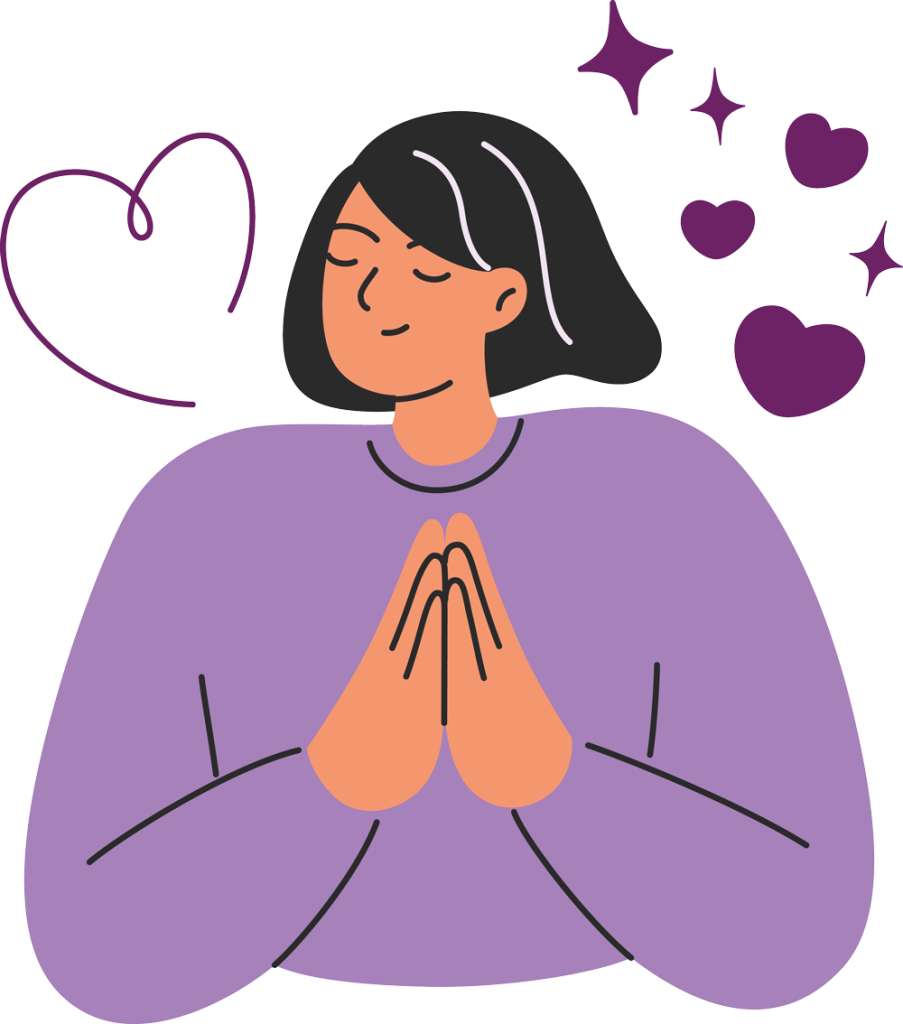
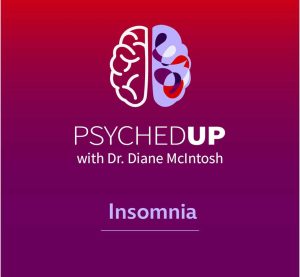
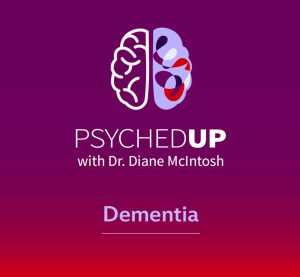
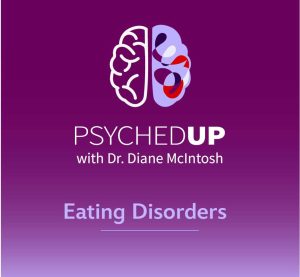
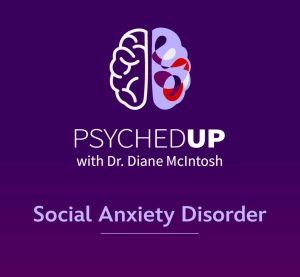
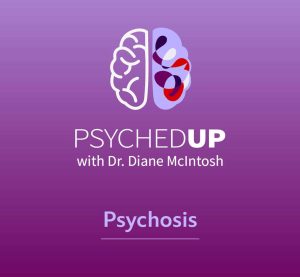
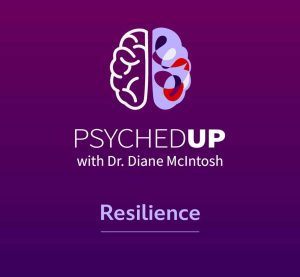
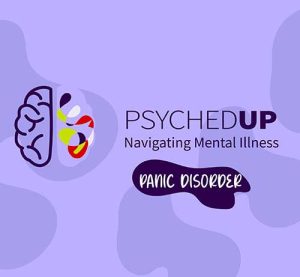
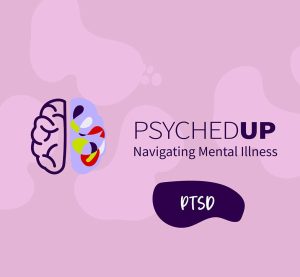
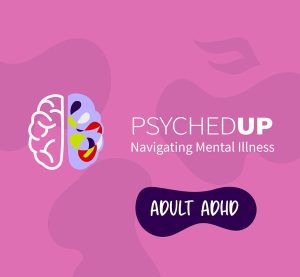
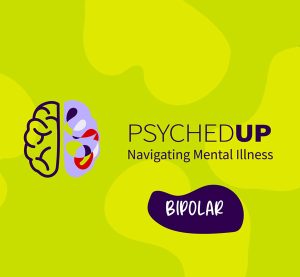
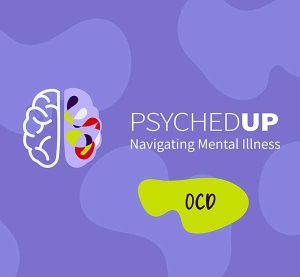
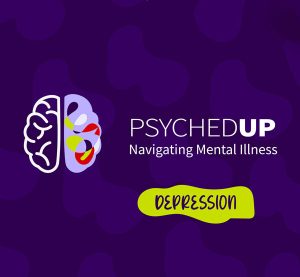

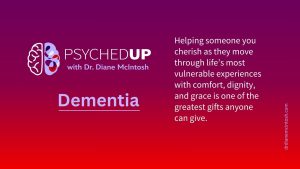
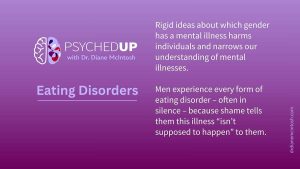

PODCAST GUEST
Dr. Randy Mackoff, PhD
Registered psychologist
Dr. Randy Mackoff is a registered psychologist in British Columbia. He has a private clinical practice where he provides psychological treatment for a wide range of issues, including but not limited to depression, anxiety, PTSD, coping with psychosis, and marital therapy. He is a retired Professor in the Criminology Department at Douglas College and a past Chairperson of the Criminology Department. He is a Clinical Associate in the Clinical Psychology Department at Simon Fraser University, providing clinical supervision to graduate students. He currently consults with law enforcement agencies in Crisis Negotiations, Undercover Operations, Witness Protection, Psychological Support for witnesses, Source Suitability, Major Crimes, Recruiting, and Human Resources. He is a designated Vancouver Police Department Psychologist and represents them at the Major Cities Chiefs Association Psychology meetings. He is the Co-Chair of the Psychology Committee for the Canadian Association of Chiefs of Police (CACP).